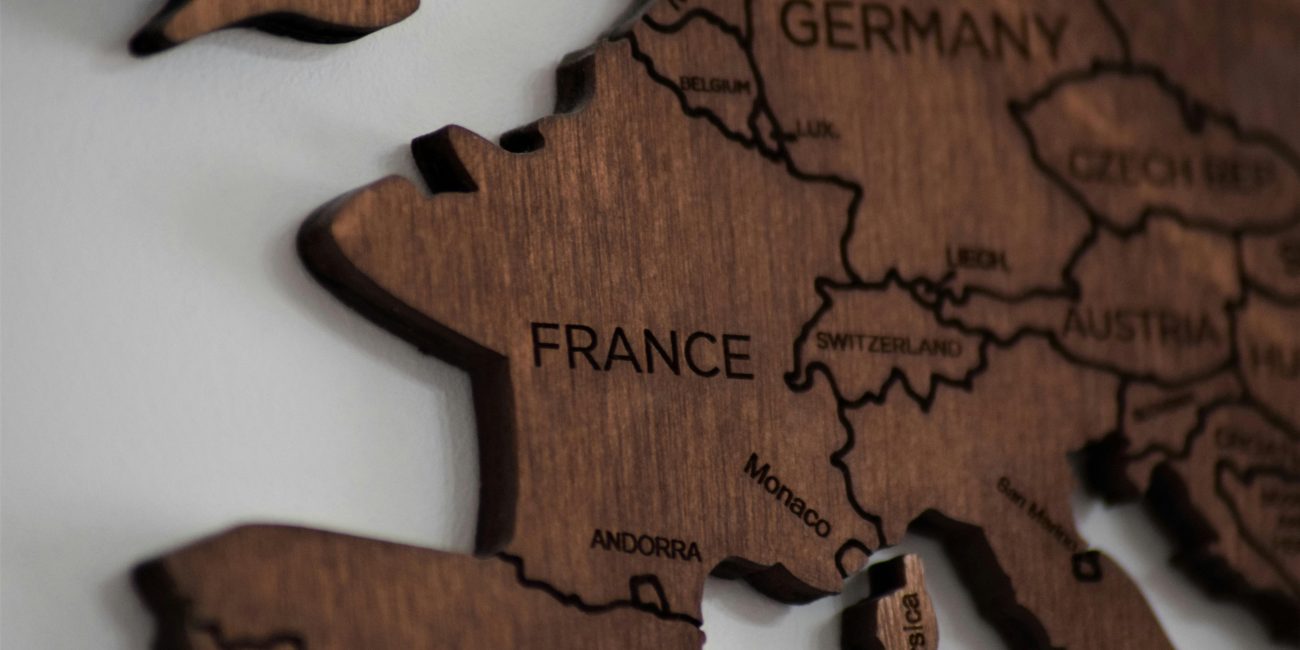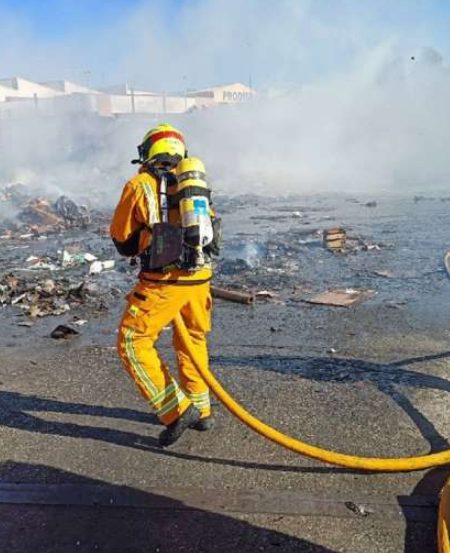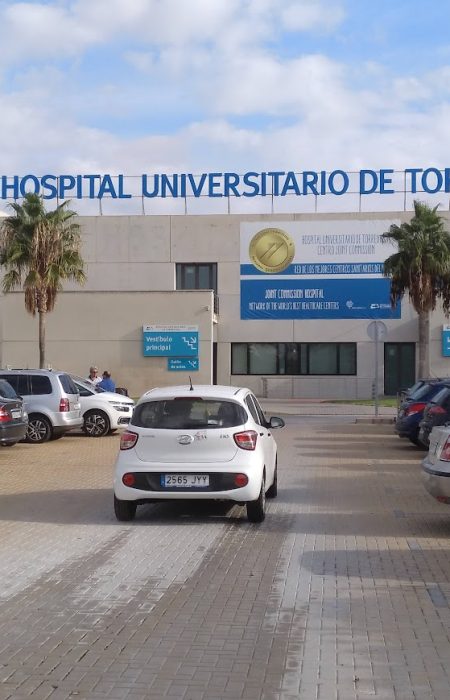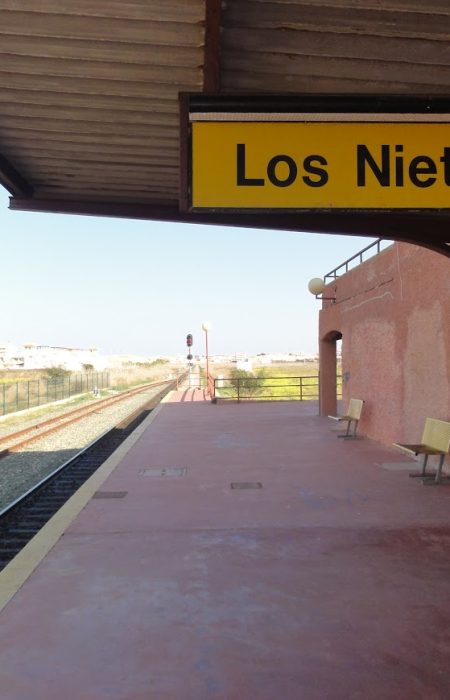Tighter border checks between France and its neighbouring EU/EAA nations will be in effect for another six months as the country extends its interim emergency policy.
Officials will be allowed to conduct checks on those coming in to France from Spain, Italy, Switzerland, Germany, Luxembourg, and Belgium.
Sea and air borders, as well as land crossings, can undergo checks, with the latter experiencing the greatest impact. This includes both road entrances and public transport, such as high-speed or local rail services.
Border forces are permitted to conduct checks until October 31, 2025.
Non-EU visitors may be asked to submit travel documents such as a valid passport stamped to show the date of entry in the EU, or an unstamped passport with a valid EU resident permit or visa attached. EU nationals can present either an EU passport or a valid national ID card.
You should always carry your passport with you when crossing international borders, especially within the Schengen area, where these borders are normally ‘open’.
More states implement border control measures
While borders between Schengen area members are usually totally open with no checks, member states can temporarily take control of their borders in ’emergency scenarios’.
France approved officials to perform additional security checks with the nations mentioned above in November 2024.
However, it has implemented stronger border controls with at least some EU countries since November 2015, following the terrorist attacks in Paris.
The European Commission lists the following ‘internal security threats’ as reasons for extending the current checks:
- Persistent jihadist threats
- An increase in antisemitic attacks.
- Growing criminal networks facilitate irregular migration and smuggling.
- Irregular migration flows towards the Franco-British border.
France is one of numerous countries imposing such temporary restrictions. Austria, Italy, Sweden, the Netherlands, and Germany have all imposed similar restrictions.
How will the checks be carried out?
Police, gendarmes, and border/customs officials (douanes) will have a greater presence at the border crossings in question, particularly on land and train approaches into France.
They will not systematically halt all people travelling through it, but they will have the authority to conduct checks on whomever they choose. These may be random spot-checks or more targeted stops.
Travellers will be required to produce proper documentation, which officials will be able to cross-reference with information stored in EU databases about wanted individuals or those who have previously been denied entry, among other things.
Officers will be permitted to undertake bag and car searches in situations when a more serious violation of the law is suspected, such as assisting illegal migration or trafficking narcotics.
The number of checks will be enhanced, especially at times of high tension or threat to France, or at certain border crossings known to be exploited by criminals.








No Comment! Be the first one.